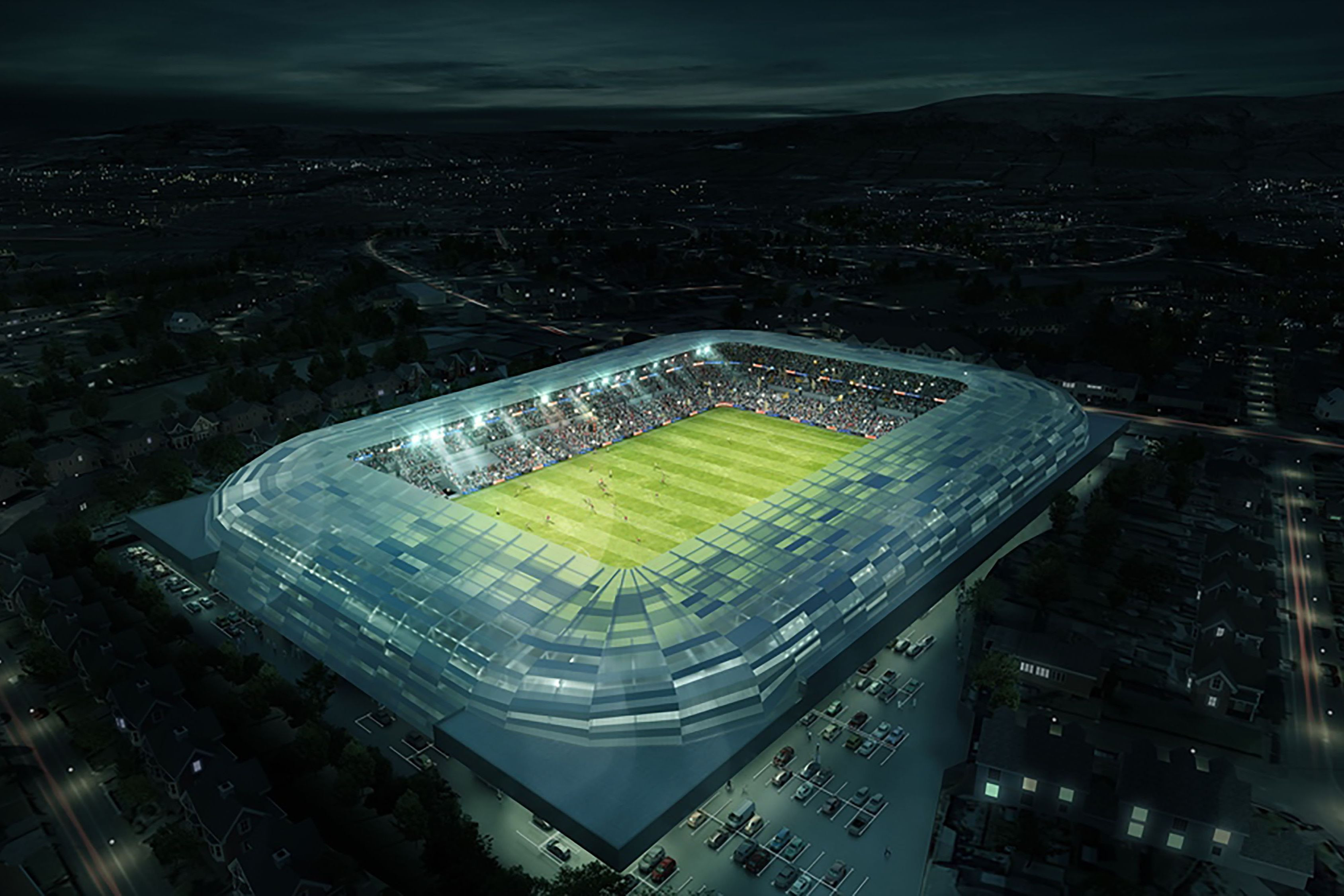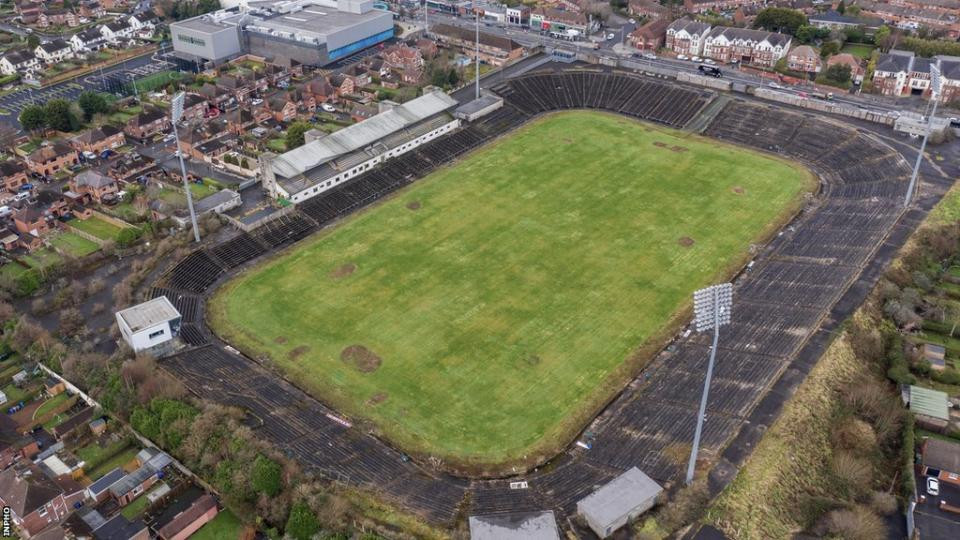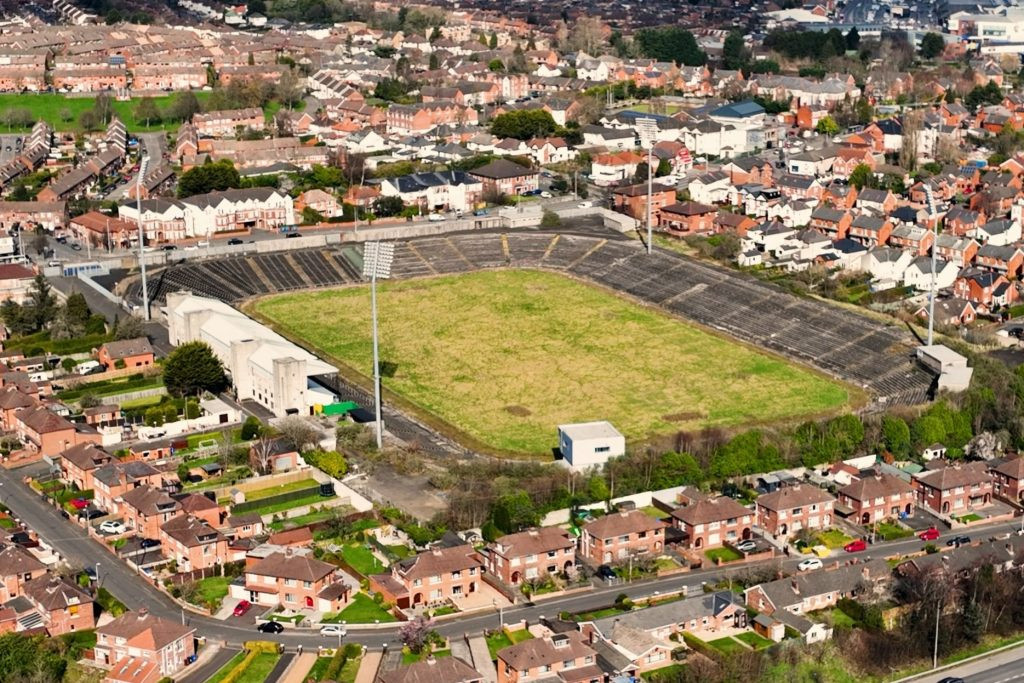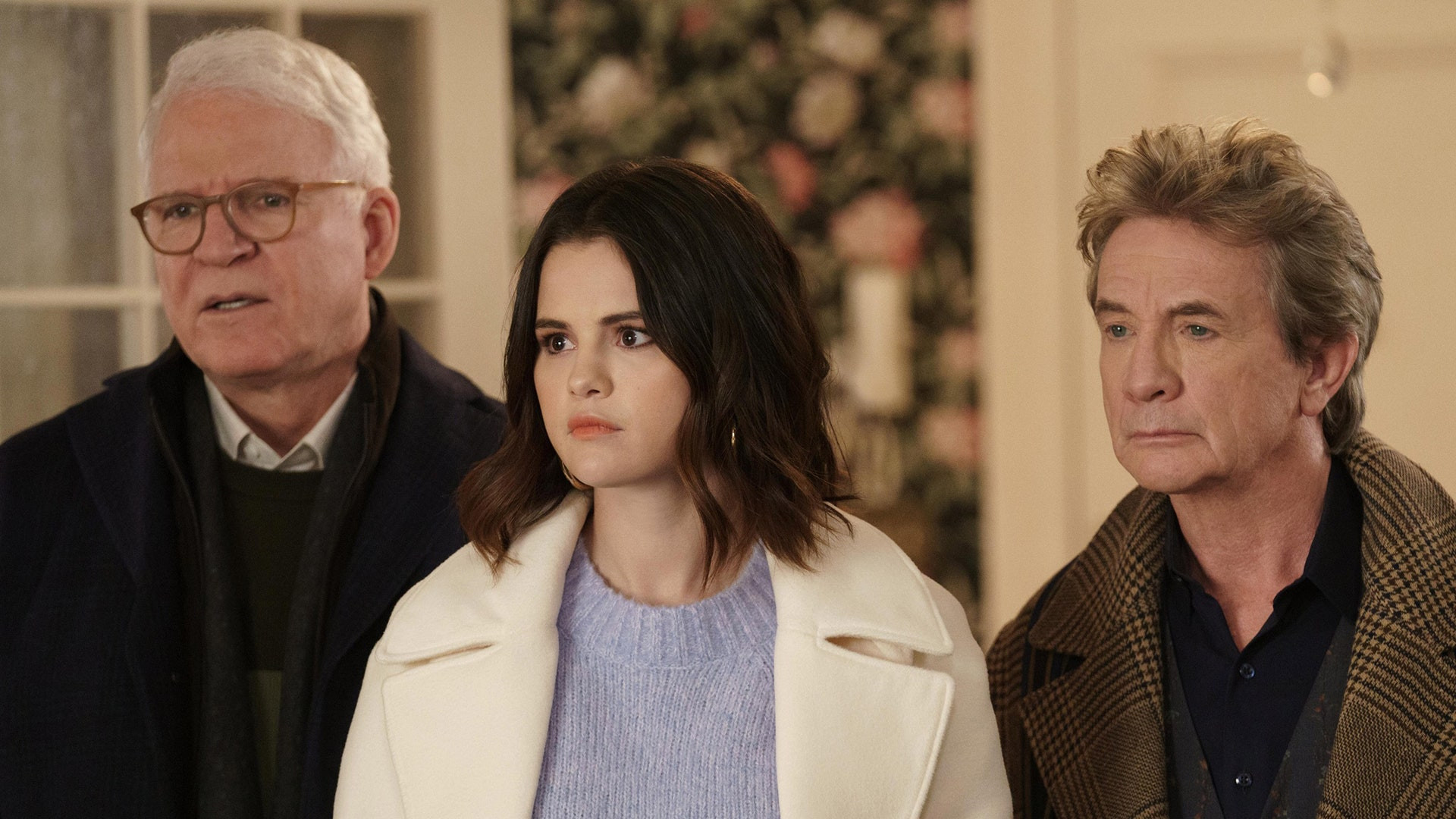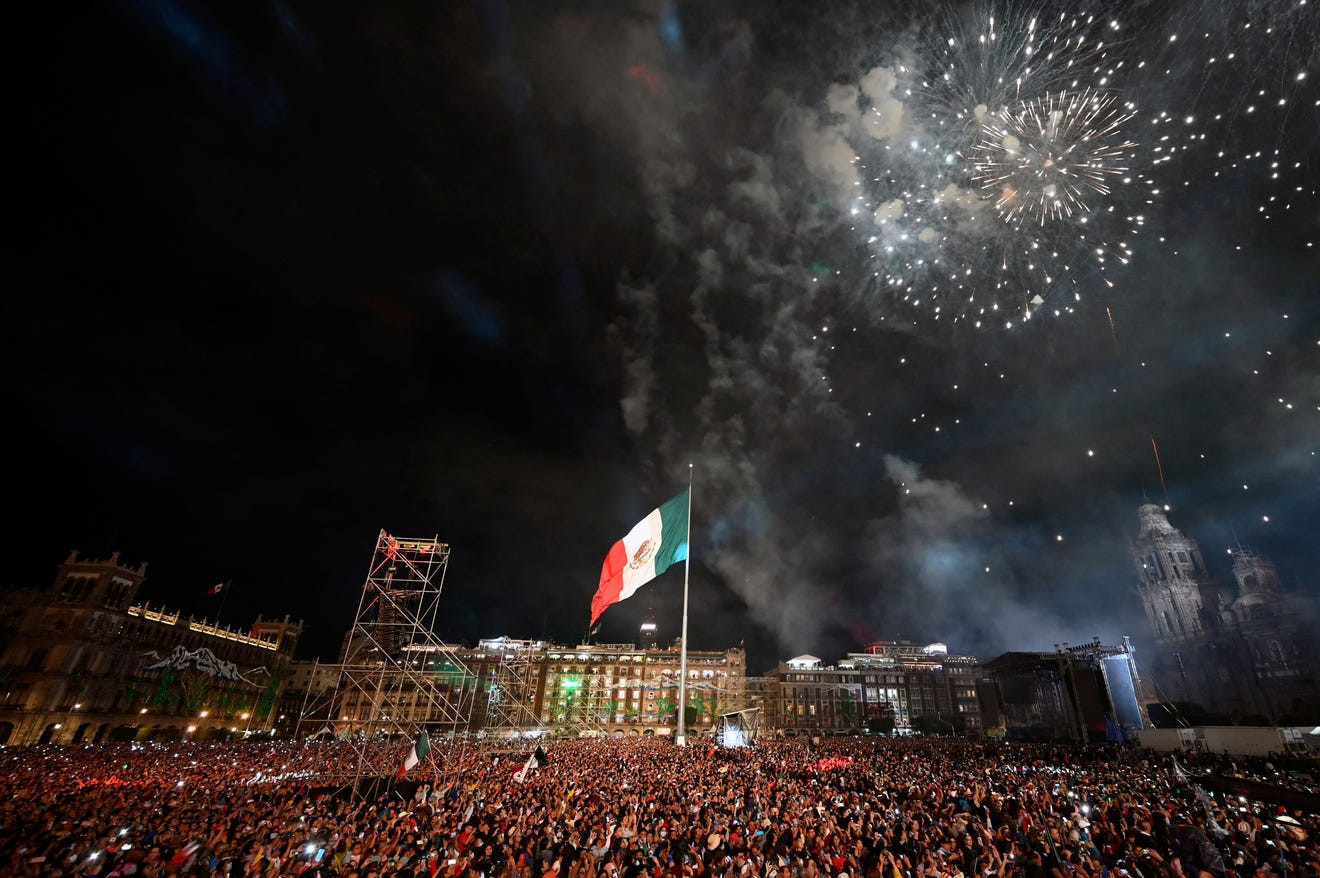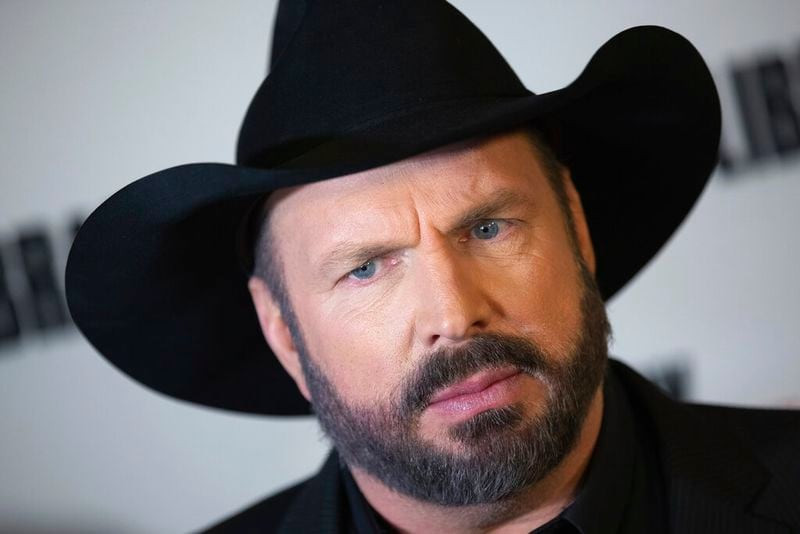The Euro 2028 dream is dead for Casement Park in Belfast. It was the new Labour government that finally killed it last week, but much of the blame lies, it seems, with the former Conservative government for slow-walking the project for the last 12 months. Either way, it’s a mess.
The projected cost of £400 million, in the region of four times the price mentioned when Casement was chosen as a venue for European’s showpiece, in 2021, is now being forwarded by the British as the sum required to get the work done.
However, the GAA aren’t giving up on the project just yet. The sporting body, along with the Irish government, have already committed funds to the redevelopment and are prepared to push on without the Euro 2028 games. The question is, will the UK government follow suit?
The Road to Redevelopment: A Winding Path
Casement Park has been a long-standing project, with plans for redevelopment dating back to 2011. The project has been met with several hurdles, including legal challenges from local residents and rising costs.
The initial redevelopment plan was halted due to objections from residents on the nearby Andersonstown Road. This delay set the project back significantly and contributed to the escalating costs.
In 2021, when Casement was chosen as a venue for Euro 2028, the project received a boost, but it wasn’t enough to overcome the existing challenges. The modified plans for the stadium appeared to satisfy everyone involved, with the Irish Government pledging €50 million and the GAA contributing €15 million.
The Impact of the Euro 2028 Decision
The recent decision to pull UK government funding for the Euro 2028 project has created a significant setback. The decision is a blow to the GAA, local businesses and the wider community, who were expecting the economic benefits that would have come with hosting the tournament.
The loss of the Euro 2028 games will also mean the stadium will be unable to benefit from the £106 million spending impact identified by economists, who had estimated the positive economic windfall the tournament would generate. The recent tournament in Germany generated €7.4 billion of an economic return, a significant indication of the potential benefits lost.
However, the project is not dead. The GAA remains committed to the redevelopment, and the Irish government has reaffirmed its commitment to providing funding. The ball is now in the UK government’s court. Will they step up and fulfil their commitment, or will Casement Park remain stuck in limbo?
The Future of Casement Park: A Question of Commitment
The GAA is determined to see Casement Park rise again, even without the Euro 2028 games. The organization has already allocated a significant sum of money towards the project and is committed to seeing it through.
The decision to pull funding for the Euro 2028 games highlights the challenging economic climate facing the UK government. The government is grappling with a budget deficit of around £22bn, driven by factors such as public sector pay, energy costs and interest payments.
In this context, the UK government may be hesitant to allocate further funds to the Casement project. However, it’s essential to remember that the government has already committed funds to the project and that it has a responsibility to fulfill that commitment.
The future of Casement Park hinges on the UK government’s willingness to invest in the project. The GAA, the Irish government, and the local community are all committed to seeing the stadium rebuilt. The UK government must now demonstrate its own commitment to this important project.
The decision to pull funding for Euro 2028 games is a major setback, but it is not the end of the road for Casement Park. With a concerted effort from all stakeholders, the project can still be realized, but the question remains: Will the UK government play its part in making this happen?




